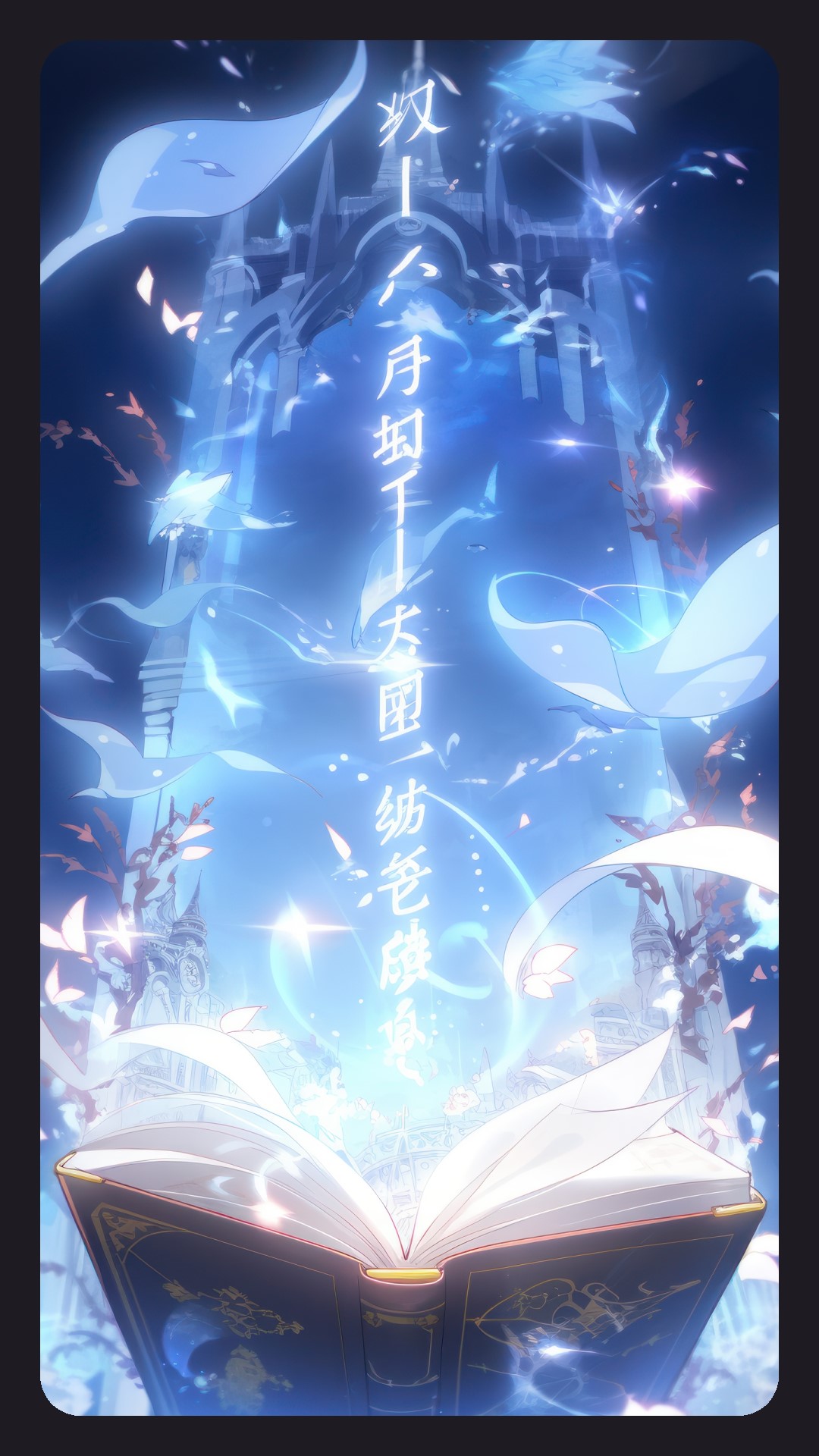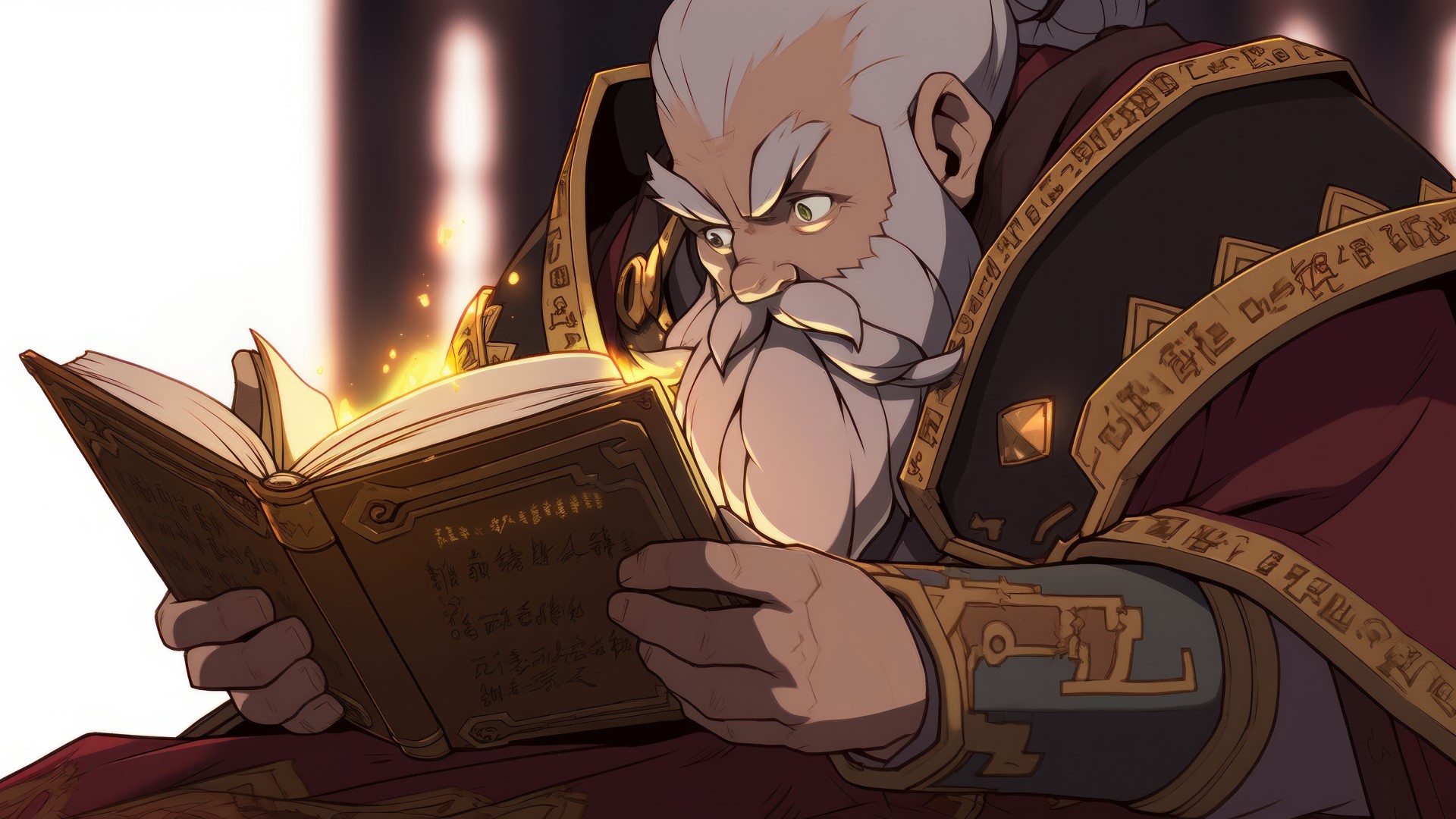Akaran Doctrine
To be honest, it makes a lot more practical sense than Rundic, but sucks all the mystery out of life.
The Akaran Doctrine is named after its founder: Akara the Wise, a dwarf of more than a millennium past. Though many tenets remain, recent versions scarcely resemble the original. As the Kaokut Coalition states, this is the intended evolution of society and culture. Akarans chief belief is that exploration of the self is accomplished through the arts and 'practiced craft' instead of introspection or faith in gods.
 The life of Akara is not thoroughly detailed in the Doctrine, but some facts are researched and confirmed by historians. In particular, Akara lived during an era of advancement allowing for greater autonomy and free time for the general populace (not just the wealthy and elite). However, though scientifically and technologically eventful, it was also a period of cultural stagnation for Kaokut. Rather than feeling uplifted and encouraged by the newly available freedom and resources, Kaokutians grew bored and aimless, contributing to a significant rise in suicide and crime.
Akara experienced firsthand the growing malaise of dwarves and gnomes, suffering from suicidal thoughts for years. At times, she turned to religions from other cultures, but at their "nonsensical and unfounded" beliefs. Nevertheless, in exploring foreign nations and their lack of societal anguish, she posited the Kaokutians lost a greater sense of purpose. Thus, Akara embarked on a quest to foster 'useless' endeavors of art in her community. In finding her own joyous calling, her philosophy was founded in the fulfillment of personal ambition.
The life of Akara is not thoroughly detailed in the Doctrine, but some facts are researched and confirmed by historians. In particular, Akara lived during an era of advancement allowing for greater autonomy and free time for the general populace (not just the wealthy and elite). However, though scientifically and technologically eventful, it was also a period of cultural stagnation for Kaokut. Rather than feeling uplifted and encouraged by the newly available freedom and resources, Kaokutians grew bored and aimless, contributing to a significant rise in suicide and crime.
Akara experienced firsthand the growing malaise of dwarves and gnomes, suffering from suicidal thoughts for years. At times, she turned to religions from other cultures, but at their "nonsensical and unfounded" beliefs. Nevertheless, in exploring foreign nations and their lack of societal anguish, she posited the Kaokutians lost a greater sense of purpose. Thus, Akara embarked on a quest to foster 'useless' endeavors of art in her community. In finding her own joyous calling, her philosophy was founded in the fulfillment of personal ambition.
Akara the Wise

Akaran Doctrine by SK Kage (via MidJourney)
The Akaran Doctrine
Later in her life, Akara inscribed her ideology into a small tome. The first axioms were basic, providing the framework for a 'proper' life within the social construct of Kaokut. Kaokutians already observed, and still hew to these behaviors and these precepts are left as an appendix in current editions. The central pillar of the Doctrine outlines the discovery of passion and contentment from the creation of beauty and machination. For Akarans, satisfaction derived from art and craft is referred to as 'Enth' and described as a state of epiphany or enlightenment. Achieving Enth is a lifelong goal and Akarans may spend their entire lives searching for the perfect Enth. As such, many pursue multiple disciplines of arts and crafts, though with care and dedication to each. Usually, they culminate their time in one area with a great work unveiled in ceremony. Some choose to continue with the discipline as a career or business, but others move to the next, searching for a stronger Enth. The degree to which Kaokutians adhere to the minutiae of the Doctrine varies. Religious scholars debate the interpretation of its tenets and the particular phrase 'practiced craft' heavily. Currently, the dominant sect establishes tactics and machines as the highest form of craft (with their application often defending against the Aemark Kingdom's advances). This attitude, exacerbated by the militaristic leaders of the Coalition, contributes to the considerable growth in warfare industry in recent decades.Traditions and Rituals
There are few 'rituals' associated with the Akaran Doctrine, although common graces could be construed as rituals by a foreigner. Instead, traditions revolve examination of craftsmanship. Poor output is taken as an offense and marks the creator as a problematic member of society. Kaokutian law enshrines quality standards and provides constructs for counteracting the sale of ineffective products. The legal process, known as 'Akaran Quality Assurance' (AQA), is itself a market. In art, Akarans create many iterations before unveiling their final vision. Social custom ensures early versions do not spread beyond a small group of family members, advisors, and experts, who all contribute to the improvement of the result. Like other nations, art is frequently brought to auction, but in contrast, Kaokutian creations are not 'sold' to an individual. The bidding enables the community to donate to the artist whatever amount they feel is worthy of the masterwork (and to cover the costs of supplies, time, and exertion). The creator retains both ownership and the right to display their vision where they choose (pending approval by relevant parties). In craftsmanship, a similar framework exists for unique creations, but for business-craftsmen manufacturing a large number of identical items, they must endure routine inspections by the government. The 'Metrologists of Akara and Superior Kaokut,' or MASKs, perform these examinations with care, ensuring random samples meet specifications and are sturdy enough to withstand twice the typical usage scenarios. The unofficial MASK axiom is 'All goods should be used as hammers and hammers should be used on all goods.' MASKs also interview customers and survey their experiences. The investigation yields a grade for the business representing the level of quality and purchaser satisfaction. Unfortunately, the significant effect such grades have in revenue (and bidding in art) leads to a thriving sub-market of bribery. Though the Kaokutian government generally limits the extent of the sub-market, some towns and cities within the Coalition are effectively governed by MASKs. Corrupt MASKs are derided as 'Sea-MASKed,' referring to both the illicit business they deal in ('masked') and an abbreviation of 'silver-eyed' (having eyes only for silver).Divine Your Enth!
The skilled practitioners at Montar's Mystics provide excellent service catered to each individual. Our customers can attest to our unique ability to determine the crafts that will maximize your Enth. Sounds like fortune tellers here in Aemark. 'I see you are wise and the wise one would, of course, use my services...'Faith and Religion
Written by Sheyla Enelladalcol Aeleat
Edited by Shikya Enelladalcol Aeleat
Mindcepts by Ella Enelnasalcol Malric
Edited by Shikya Enelladalcol Aeleat
Mindcepts by Ella Enelnasalcol Malric
and Alvix Tuvar



Comments